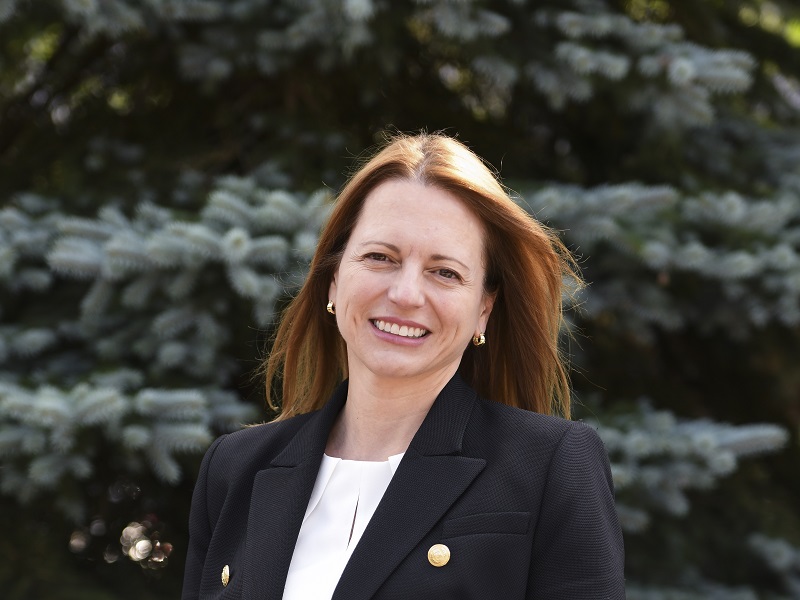

During the launch of the University Pension Plan, Barbara Zvan, its president and chief executive officer, knew getting to know the plan’s members was vital to its goal of providing a strong, resilient fund that secured benefits for generations to come.
To find out what was important to plan members, the UPP engaged them to find out about their expectations around responsible investing, she said during a session at the Canadian Investment Review’s 2023 Risk Management Conference.
As it turned out, environmental, social and governance factors strongly mattered to them, she added, noting the plan’s joint sponsors and board shared the same beliefs, particularly as they related to climate change and human rights. Indeed, when it came to climate action, the general consensus was that stakeholders wanted the UPP to be the same or better than larger pension funds. At the same time, stakeholders didn’t want hard and fast rules applied, which meant flexibility was key.
Read: University pension plans engaging investees on climate change risks
Rather than focusing on divestment, the UPP took the approach of active investing, analyzing the journeys these companies had to play through, said Zvan. One of the first strategies the plan put in place was a climate risk management framework that aimed to evaluate, invest, engage, advocate and offer support with a goal of reaching net-zero in its investments by 2040.
While most pension funds have targeted 2050 to reach net-zero emissions in their portfolios, Zvan said she believes the decarbonizing timeline will be pushed up. Based on this goal, the UPP has made changes to some of its past investments, she said, noting it will also set targets for new investments going forward that will be released by the end of the year.
“Undervaluing is making sure, as we look through investments, we take it with a climate lens,” she said, adding the UPP’s commitment to stewardship demands it engages with its 20 highest emitters.
To help in this area, the plan participates in a lot of collective engagement initiatives in Canada through Climate Engagement Canada and other international efforts like Climate Action 100+, which allows pension funds to manage shared resources across a large pool of investors.
It also advocates for climate action policy with many of its peers at the Sustainable Financial Action Council, a group of 25 Canadian financial institutions. The group provides recommendations to the government on how to effectively put these policies in place.
Read: Institutional investors making steady progress on ESG reporting, practices: report
The UPP will release its climate investment transition framework at the end of 2023, which will further define the stage of each asset in the transition to net zero. “It’s going to acknowledge the journey that companies are on,” said Zvan. “We don’t expect them to have completely transitioned. What we’re seeing is that there is a commitment to transition as a starting point.”
Still, she noted the pension plan sponsor recognizes it’s difficult to measure responsible investing tactics due to a lack of available data for comparing companies. But that will become easier in the near future because the International Sustainability Standards Board has adopted guidance on sustainability and climate-related financial reporting, which focuses on ESG and climate change metrics.
“There are well thought out, good metrics, [but] companies aren’t quite using it all yet. So talk to your peers [and] look to some of these climate change organizations. There’s lots out there to help you get started.”
Read more coverage of the 2023 Risk Management Conference.
